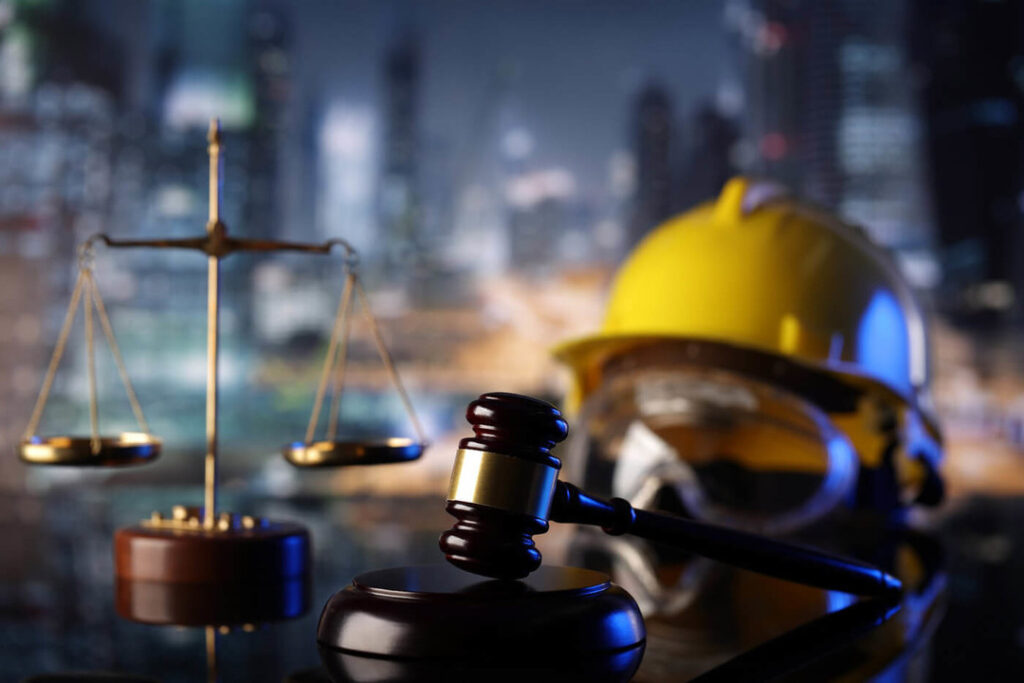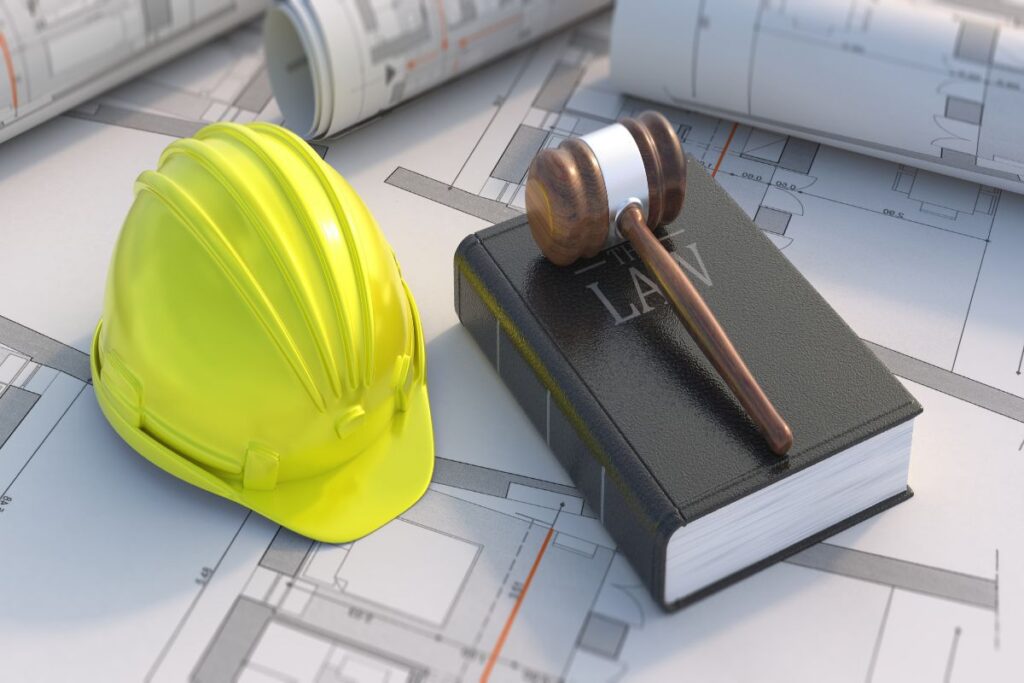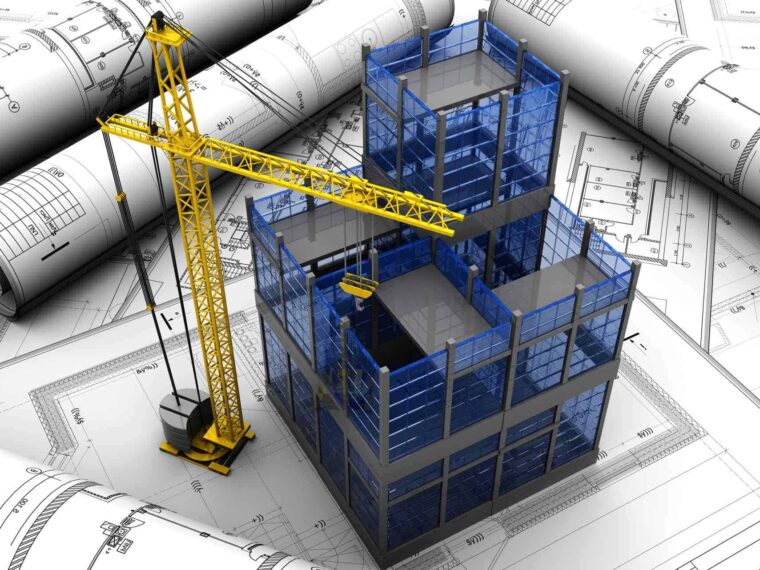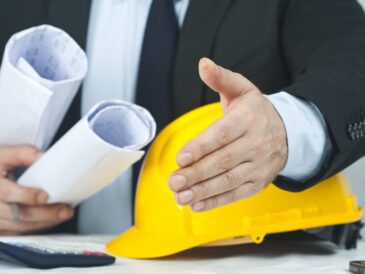Building and construction law is a complex field that governs the processes involved in the construction and renovation of buildings and other structures. It encompasses a wide range of legal principles, regulations, and practices that are essential for property owners, builders, and contractors alike. Understanding these laws is crucial for anyone involved in property development, whether you are a homeowner planning a renovation or a developer managing a large-scale project. This article aims to provide essential facts about building and construction law that every property owner should be aware of.
The Basics of Building and Construction Law
At its core, building and construction law deals with the rights and obligations of parties involved in construction projects. This includes property owners, contractors, subcontractors, suppliers, and even local authorities. It encompasses various legal aspects, including contract law, tort law, and statutory regulations. Understanding the basics can help property owners navigate potential disputes and ensure compliance with relevant laws.
Key Legal Principles
Several legal principles underpin building and construction law. These include contract law, which governs the agreements made between parties; tort law, which addresses civil wrongs and damages; and statutory regulations, which set out the legal framework for construction practices. Each of these areas plays a vital role in ensuring that construction projects are completed safely, efficiently, and in compliance with the law. For instance, contract disputes lawyer Sydney not only outlines the obligations of each party but also provides mechanisms for resolving disputes should they arise. This can include arbitration or mediation, which are often preferred over lengthy court battles due to their efficiency and cost-effectiveness.
Regulatory Framework
In Australia, building and construction law is regulated at both federal and state levels. Each state has its own building codes and regulations, which must be adhered to by all parties involved in construction. These codes typically cover aspects such as safety standards, environmental considerations, and zoning laws. Property owners should familiarise themselves with the specific regulations applicable in their state to avoid potential legal issues. Additionally, the regulatory framework often includes licensing requirements for builders and contractors, ensuring that only qualified professionals undertake construction work. This licensing process is crucial in maintaining industry standards and protecting the interests of property owners.
Importance of Compliance
Compliance with building and construction law is not merely a legal obligation; it is essential for ensuring the safety and integrity of construction projects. Non-compliance can lead to serious consequences, including fines, legal disputes, and even the halting of construction work. Property owners should prioritise understanding and adhering to these laws to protect their investments and ensure successful project completion. Moreover, compliance fosters a culture of accountability within the construction industry, encouraging all parties to uphold high standards of practice. This not only mitigates risks but also enhances the reputation of builders and contractors, ultimately benefiting the entire sector by promoting trust and reliability among clients and stakeholders.
Common Legal Issues in Building and Construction
Property owners often encounter various legal issues during construction projects. Being aware of these common problems can help mitigate risks and ensure smoother project execution. Here are some of the most prevalent legal issues faced in building and construction.
Contract Disputes
Contract disputes are among the most common issues in the building and construction industry. These disputes can arise from misunderstandings, breaches of contract, or disagreements over project scope and timelines. It is crucial for property owners to have clear, well-drafted contracts that outline all terms and conditions to minimise the risk of disputes. Engaging legal professionals during the contract drafting phase can provide valuable insights and protections.
Defective Workmanship
Defective workmanship occurs when the quality of construction does not meet the standards outlined in the contract or applicable regulations. This can lead to significant issues, including structural failures or safety hazards. Property owners should ensure that contractors are qualified and experienced, and they should conduct regular inspections throughout the construction process to identify any potential defects early on.
Delays and Time Overruns
Delays in construction projects can lead to financial losses and frustration for property owners. These delays may be caused by various factors, including weather conditions, supply chain issues, or contractor inefficiencies. It is essential for property owners to include provisions in contracts that address potential delays, including penalties for late completion and clear communication protocols to manage expectations.
Understanding Contracts in Building and Construction
Contracts are the backbone of any construction project, outlining the rights and responsibilities of all parties involved. Understanding the key elements of construction contracts is essential for property owners to protect their interests.
Types of Construction Contracts
There are several types of construction contracts, each with its own advantages and disadvantages. Common types include fixed-price contracts, cost-plus contracts, and time and materials contracts. Fixed-price contracts provide certainty in budgeting, while cost-plus contracts can offer flexibility in project scope. Property owners should carefully consider which type of contract best suits their project needs and risk tolerance.
Essential Clauses to Include
When drafting a construction contract, certain clauses should be included to safeguard the interests of property owners. These may include payment terms, project timelines, scope of work, and dispute resolution mechanisms. Including clear and comprehensive clauses can help prevent misunderstandings and provide a framework for resolving disputes should they arise.
The Role of Legal Professionals
Engaging legal professionals with expertise in building and construction law can be invaluable for property owners. They can assist in drafting contracts, reviewing agreements, and providing guidance on compliance with regulations. Having legal support can also help navigate disputes should they arise, ensuring that property owners are adequately represented and their rights protected.
Dispute Resolution in Building and Construction
Disputes are an unfortunate reality in the building and construction industry. However, there are various methods available for resolving these disputes, each with its own advantages and disadvantages.

Negotiation
Negotiation is often the first step in resolving disputes. This informal process allows parties to communicate directly and seek a mutually agreeable solution. Property owners should approach negotiations with a clear understanding of their goals and be prepared to compromise where necessary. Effective negotiation can save time and costs associated with more formal dispute resolution methods. Click here to learn about top questions to ask your building and construction lawyers before signing a contract.
Mediation
Mediation involves a neutral third party who facilitates discussions between disputing parties to help them reach a resolution. This method is often quicker and less expensive than litigation, making it an attractive option for property owners. Mediation encourages collaboration and can preserve relationships between parties, which is particularly important in ongoing construction projects.
Arbitration and Litigation
If negotiation and mediation fail, parties may resort to arbitration or litigation. Arbitration involves a neutral arbitrator who makes a binding decision on the dispute, while litigation involves taking the matter to court. Both options can be time-consuming and costly, so property owners should consider them as a last resort. Engaging legal professionals is crucial in these scenarios to ensure proper representation and guidance throughout the process.
Insurance and Liability in Building and Construction
Insurance plays a critical role in protecting property owners from potential risks associated with construction projects. Understanding the various types of insurance available can help mitigate financial losses and provide peace of mind.
Types of Insurance
Several types of insurance are relevant to building and construction, including public liability insurance, contract works insurance, and professional indemnity insurance. Public liability insurance protects against claims for injury or damage to third parties, while contract works insurance covers damage to the construction project itself. Professional indemnity insurance is essential for design professionals, protecting against claims of negligence or inadequate advice.
Importance of Insurance Coverage
Having adequate insurance coverage is vital for property owners to protect their investments. Without proper insurance, property owners may face significant financial losses in the event of accidents, damages, or legal claims. It is advisable to consult with insurance professionals to ensure that the appropriate coverage is in place before commencing any construction project.
Liability Considerations
Liability in building and construction can be complex, with various parties potentially held responsible for damages or injuries. Property owners should be aware of their responsibilities and liabilities, particularly concerning safety regulations and compliance with building codes. Engaging legal professionals can provide clarity on liability issues and help property owners understand their rights and obligations.
Recent Developments in Building and Construction Law
The field of building and construction law is continually evolving, with recent developments impacting property owners and industry professionals alike. Staying informed about these changes is crucial for ensuring compliance and protecting investments.
Legislative Changes
Legislative changes often occur in response to industry challenges, safety concerns, or emerging technologies. Property owners should stay abreast of any new laws or amendments that may affect their projects. This includes changes to building codes, safety regulations, and environmental laws, which can significantly impact project planning and execution.
Technological Advancements
Technological advancements are reshaping the building and construction industry, introducing new methods and materials that can enhance efficiency and safety. However, these innovations may also raise legal questions regarding liability and compliance. Property owners should consider how these advancements may affect their projects and seek legal advice to navigate any potential challenges.
Environmental Considerations
As environmental concerns become increasingly prominent, building and construction law is adapting to address sustainability and eco-friendliness. Property owners should be aware of regulations related to energy efficiency, waste management, and environmental impact assessments. Incorporating sustainable practices into construction projects can not only comply with legal requirements but also enhance the long-term value of properties.

Conclusion
Understanding building and construction law is essential for every property owner involved in construction or renovation projects. From grasping the basics of contracts to navigating disputes and ensuring compliance with regulations, knowledge of the legal landscape can significantly impact the success of a project. By staying informed and seeking professional guidance, property owners can protect their investments and ensure that their construction endeavours are completed smoothly and legally.
Whether you are embarking on a small home renovation or managing a large-scale development, taking the time to understand building and construction law will pay dividends in the long run. By prioritising compliance, engaging legal professionals, and staying informed about industry developments, property owners can navigate the complexities of construction law with confidence.


